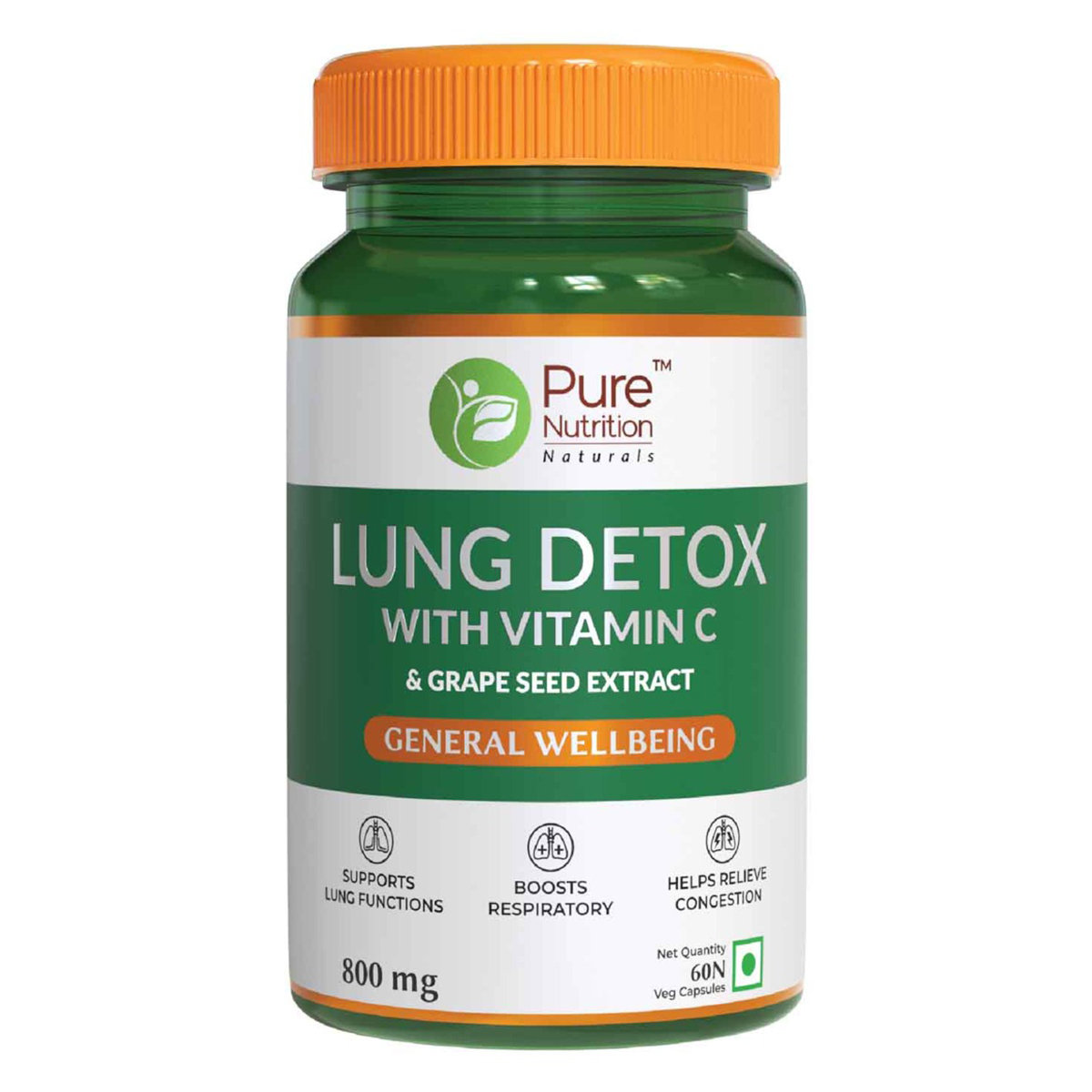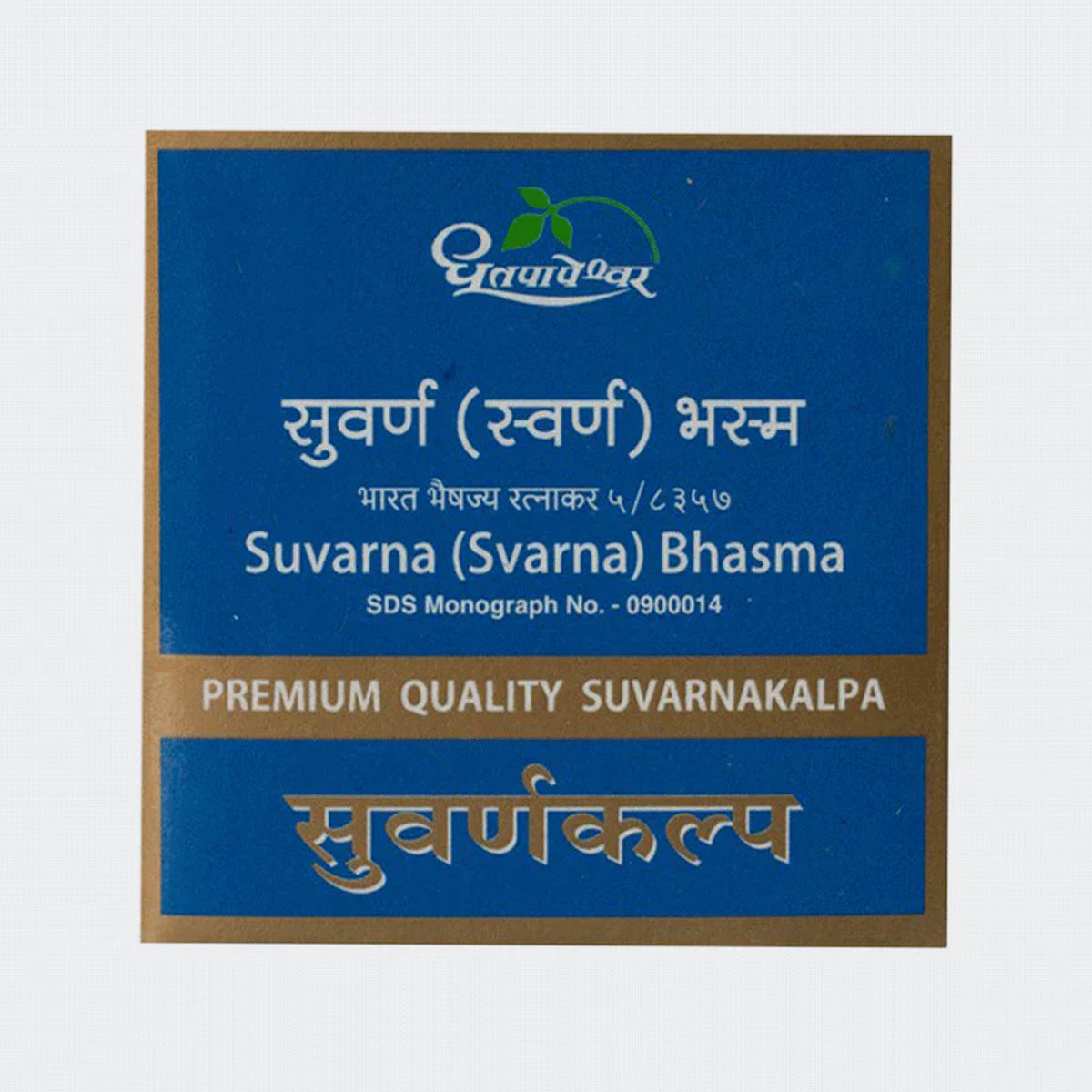Beclate 100 mcg Inhaler 200 mdi

MRP ₹25.5
(Inclusive of all Taxes)
₹3.8 Cashback (15%)
know your delivery time
Provide Delivery Location
Composition :
Manufacturer/Marketer :
Consume Type :
Expires on or after :
Return Policy :

Secure Payment

Trusted by 8 Crore Indians

Genuine Products
Therapeutic Class
Country of origin
Manufacturer/Marketer address
Author Details
We provide you with authentic, trustworthy and relevant information
Disclaimer
Alcohol
Safe if prescribed
The interaction of Beclate 100 mcg Inhaler 200 mdi with alcohol is unknown. If you have any concerns regarding this, please discuss them with your doctor.
Pregnancy
Consult your doctor
Inform your doctor if you are pregnant or planning for pregnancy before using Beclate 100 mcg Inhaler 200 mdi. Your doctor will prescribe Beclate 100 mcg Inhaler 200 mdi if he/she thinks the benefits outweigh the risks.
Breast Feeding
Consult your doctor
Inform your doctor if you are a breastfeeding mother before using Beclate 100 mcg Inhaler 200 mdi. Your doctor will prescribe Beclate 100 mcg Inhaler 200 mdi if the benefits outweigh the risks.
Driving
Safe if prescribed
Beclate 100 mcg Inhaler 200 mdi usually does not affect your ability to drive or operate machinery.
Liver
Consult your doctor
If you have any concerns regarding the use of Beclate 100 mcg Inhaler 200 mdi in patients with liver problems, please consult a doctor.
Kidney
Consult your doctor
If you have any concerns regarding the use of Beclate 100 mcg Inhaler 200 mdi in patients with kidney problems, please consult a doctor.
Children
Safe if prescribed
Beclate 100 mcg Inhaler 200 mdi should be used for children only if advised by a doctor.
Product Substitutes
Reference
- https://www.medicines.org.uk/emc/product/239/pil
- https://www.nhs.uk/medicines/beclometasone-inhalers/
- https://www.hpra.ie/img/uploaded/swedocuments/2119986.PA0436_035_002.b9b76f79-d132-4059-b1ac-82f5997296a5.000001Product%20Leaflet%20Approved%201%202.170518.pdf
- https://www.accessdata.fda.gov/drugsatfda_docs/label/2017/020911s029s030lblPI.pdf
About Beclate 100 mcg Inhaler 200 mdi
Beclate 100 mcg Inhaler 200 mdi belongs to the class of medicines called corticosteroids used to prevent or control symptoms of asthma and chronic obstructive pulmonary disease (COPD). Asthma is a chronic (long-term) respiratory condition in which airways narrow, swell, and produce extra mucus, leading to difficulty in breathing. COPD is a group of lung diseases with emphysema (shortness of breath) and chronic bronchitis (inflammation of the lining of bronchial tubes).
Beclate 100 mcg Inhaler 200 mdi contains Beclometasone which works by acting inside cells of the nasal lining and stops the release of certain chemicals in the body that cause inflammatory reactions. Thereby, providing relief from sneezing, runny or blocked nose and sinus discomfort.
Use Beclate 100 mcg Inhaler 200 mdi as prescribed. Your doctor will recommend you how often you use Beclate 100 mcg Inhaler 200 mdi based on your medical condition. Some people may experience common side effects such as hoarseness, sore throat, difficulty in swallowing accompanied by swollen glands and ear pain, thrush (white spots in the mouth and throat), and change in taste. Most of these side effects of Beclate 100 mcg Inhaler 200 mdi do not require medical attention and gradually resolve over time. However, if the side effects persist or worsen, please consult your doctor.
If you are allergic to Beclometasone, any other medicines or lactose, please tell your doctor. If you are pregnant or breastfeeding, it is advised to inform your doctor before using Beclate 100 mcg Inhaler 200 mdi. Beclate 100 mcg Inhaler 200 mdi should be used for children only if advised by a doctor. If you have recently had or are about to undergo any surgery, inform your doctor before using Beclate 100 mcg Inhaler 200 mdi. If you experience intense wheezing (whistling sound while breathing) and breathing problems immediately after using Beclate 100 mcg Inhaler 200 mdi, you might need urgent medical help.
Uses of Beclate 100 mcg Inhaler 200 mdi
Medicinal Benefits Mweb
Key Benefits
Beclate 100 mcg Inhaler 200 mdi contains Beclometasone used to prevent or control symptoms of asthma and chronic obstructive pulmonary disease (COPD). It works by acting inside cells of the nasal lining and stops the release of certain chemicals in the body that cause inflammatory reactions. Thus, it provides relief from sneezing, runny or blocked nose and sinus discomfort. Thus, Beclate 100 mcg Inhaler 200 mdi makes it easier to breathe by reducing swelling, irritation and inflammation in the airways.
Directions for Use
Side Effects of Beclate 100 mcg Inhaler 200 mdi
- Hoarseness
- Sore throat
- Difficulty in swallowing accompanied by swollen glands and ear pain
- Thrush (white spots in the mouth and throat)
- Change in taste
Drug Warnings
If you are allergic to Beclometasone, any other medicines or lactose, please tell your doctor. If you are pregnant or breastfeeding, it is advised to inform your doctor before using Beclate 100 mcg Inhaler 200 mdi. It should be used for children only if advised by a doctor. If you have blurred vision or any other vision disturbances while using Beclate 100 mcg Inhaler 200 mdi, please consult your doctor. If you have recently had or are about to undergo any surgery, inform your doctor before using Beclate 100 mcg Inhaler 200 mdi. If you experience intense wheezing (whistling sound while breathing) and breathing problems immediately after using Beclate 100 mcg Inhaler 200 mdi, you might need urgent medical help. You need to carry a steroid card if it is given along with Beclate 100 mcg Inhaler 200 mdi until your doctor decides it is no longer necessary.
Drug-Drug Interactions
Drug-Drug Interactions
Login/Sign Up
Co-administration of Beclomethasone dipropionate with Mifepristone may make it less effective as a therapy.
How to manage the interaction:
Taking Beclomethasone with Mifepristone is not recommended, but it can be taken if prescribed by the doctor. Do not discontinue any medication without consulting a doctor.
Co-administration of Desmopressin together with Beclomethasone may increase the risk of hyponatremia (low levels of salt in the blood).
How to manage the interaction:
If you have to use Desmopressin and Beclomethasone together, your doctor may adjust the dose or monitor you more frequently to safely use both medications. However, if you experience loss of appetite, headache, nausea, vomiting, lethargy (very tired), irritability, difficulty concentrating, weakness, unsteadiness, memory impairment, confusion, muscle spasm, decreased urination, and/or sudden weight gain, contact your doctor immediately as these may be symptoms of water intoxication (water poisoning) and hyponatremia (low levels of salt in the blood). Do not discontinue the medication without consulting a doctor.
Taking Pimecrolimus with Beclomethasone can increase the risk of side effects.
How to manage the interaction:
Although taking Beclomethasone and Pimecrolimus together can cause an interaction, it can be taken if a doctor has suggested it. However, if you experience any unusual symptoms, consult the doctor. Do not stop using any medications without talking to a doctor.
Drug-Food Interactions
Drug-Food Interactions
Login/Sign Up
Drug-Diseases Interactions
Drug-Diseases Interactions
Login/Sign Up
Drug-Drug Interactions Checker List
- COBICISTAT
- RITONAVIR
- DISULFIRAM
- METRONIDAZOLE
- IBUPROFEN
- ASPIRIN
Habit Forming
Special Advise
- You are advised to rinse your mouth with water after each dose of Beclate 100 mcg Inhaler 200 mdi because it not only removes the taste of medicine inhaled but also helps to avoid fungal infections in the mouth and throat. After rinsing your mouth thoroughly, you may drink water, milk or any liquids.
Diet & Lifestyle Advise
- Eat foods rich in potassium such as tomatoes, bananas, asparagus, oranges, potatoes, avocados, dark leafy greens, and beetroots as potassium is important for lung function and a deficiency in potassium may cause breathing problems.
- Drink plenty of fluids every day to thin mucus which makes it easier to cough out.
- Avoid foods such as cabbage, beans, garlic, onions, shrimp, pickled food, dried fruits, fried foods, carbonated drinks, wine, and bottled lemon and lime juice as it may worsen asthma symptoms.
- Exercise regularly to strengthen your breathing muscles and boost your immune system. Learning breathing exercises will help you move more air in and out of your lungs.
- Do meditation, deep breathing, regular exercise, and try progressive muscle relaxation techniques to get relief from stress and reduce the risk of an asthma attack.
- Quit smoking as it may reduce the effectiveness of the Beclate 100 mcg Inhaler 200 mdi and irritate the lungs worsening breathing problems.
All Substitutes & Brand Comparisons
RX
Out of StockBecoride Inhaler
GlaxoSmithKline Pharmaceuticals Ltd
₹276.2
(₹14.62/ 1gm)
13190% COSTLIER

Have a query?
Buy best Respiratory System products by
Cipla Ltd
Lupin Ltd
Glenmark Pharmaceuticals Ltd
Sun Pharmaceutical Industries Ltd
Alkem Laboratories Ltd
Macleods Pharmaceuticals Ltd
Mankind Pharma Pvt Ltd
Zydus Healthcare Ltd
Leeford Healthcare Ltd
Dr Reddy's Laboratories Ltd
Zydus Cadila
Abbott India Ltd
Intas Pharmaceuticals Ltd
Alembic Pharmaceuticals Ltd
German Remedies Ltd
Centaur Pharmaceuticals Pvt Ltd
Ipca Laboratories Ltd
Aristo Pharmaceuticals Pvt Ltd
Pristine Pearl Pharma Pvt Ltd
Wockhardt Ltd
GlaxoSmithKline Pharmaceuticals Ltd
Zuventus Healthcare Ltd
Koye Pharmaceuticals Pvt Ltd
Micro Labs Ltd
Blue Cross Laboratories Pvt Ltd
Medishri Healthcare Pvt Ltd
Med Manor Organics Pvt Ltd
Indiabulls Pharmaceuticals Pvt Ltd
Adonis Laboratories Pvt Ltd
FDC Ltd
Fourrts India Laboratories Pvt Ltd
Tablets India Ltd
J B Chemicals & Pharmaceuticals Ltd
Shreya Life Sciences Pvt Ltd
Divine Savior Pvt Ltd
Indoco Remedies Ltd
Seagull Pharmaceutical Pvt Ltd
Yash Pharma Laboratories Pvt Ltd
Torque Pharmaceuticals Pvt Ltd
Uniza Healthcare Llp
Wings Pharmacuticals Pvt Ltd
Biological E Ltd
Corona Remedies Pvt Ltd
Icarus Health Care Pvt Ltd
Steris Healthcare
Apex Laboratories Pvt Ltd
Geno Pharmaceuticals Pvt Ltd
Navil Laboratories Pvt Ltd
Precept Pharma
Aar Ess Remedies Pvt Ltd
La Renon Healthcare Pvt Ltd
Torrent Pharmaceuticals Ltd
Astra Zeneca Pharma India Ltd
Biochem Pharmaceutical Industries Ltd
Comed Chemicals Ltd
Entod Pharmaceuticals Ltd
Franco Indian Pharmaceuticals Pvt Ltd
Healthgate Pvt Ltd
Intra Life Pvt Ltd
Megma Healthcare Pvt Ltd
Pfizer Ltd
RPG Life Sciences Ltd
Unipark Biotech Pvt Ltd
Votary Laboratories (India) Ltd
Wanbury Ltd
Brinton Pharmaceuticals Ltd
Dolvis Bio Pharma Pvt Ltd
Eisen Pharmaceutical Co Pvt Ltd
Group Pharmaceuticals Ltd
Knoll Pharmaceuticals Ltd
Morepen Laboratories Ltd
Panacea Biotec Ltd
Prevego Healthcare & Research Pvt Ltd
Rnd Laboratories Pvt Ltd
Sanatra Healthcare Ltd
Skn Organics Pvt Ltd
Stedman Pharmaceuticals Pvt Ltd
Thuyam Life Pvt Ltd
Timon Pharmaceuticals Pvt Ltd
Aglowmed Pharmaceuticals Ltd
Ajanta Pharma Ltd
Alniche Life Sciences Pvt Ltd
Bio Warriors Pharmaceucticals Pvt Ltd
Biochemix Health Care Pvt Ltd
Cadila Healthcare Ltd
Cadila Pharmaceuticals Ltd
Caplet India Pvt Ltd
Chemo Healthcare Pvt Ltd
Delcure Life Sciences Ltd
East West Pharma India Pvt Ltd
Elder Pharmaceuticals Ltd
Embiotic Laboratories (P) Ltd
Emcee Pharmaceuticals (P) Ltd
Foregen Healthcare Ltd
Hetero Healthcare Pvt Ltd
Incite Pharmaceuticals
Iva Healthcare Pvt Ltd
Kepler Healthcare Pvt Ltd
Kristal Pharmaceuticals
Lincoln Pharmaceuticals Ltd
Frequently Bought Together







